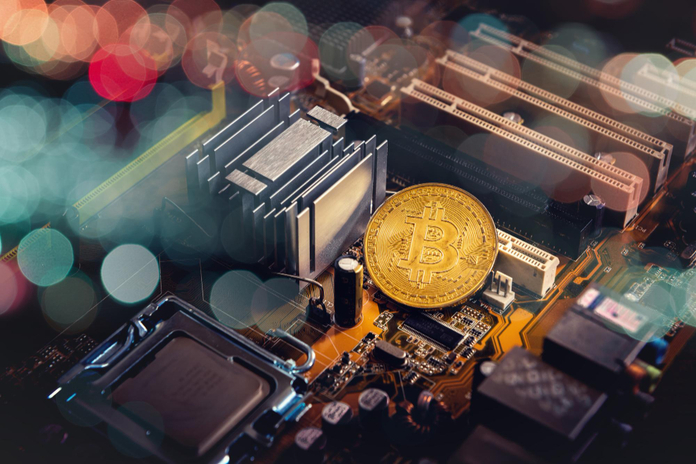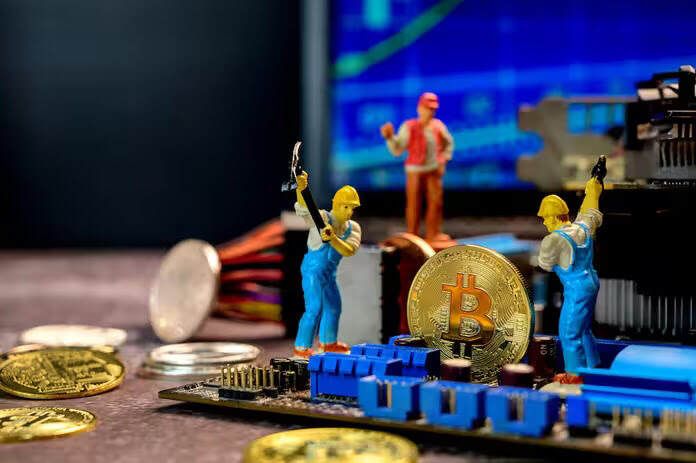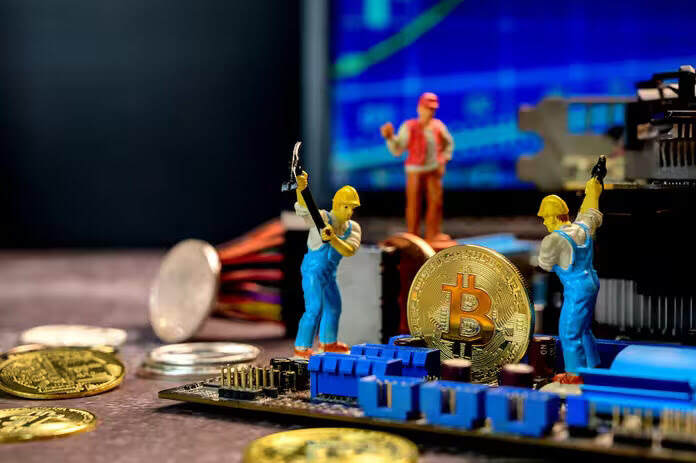Binance Restores Mastercard Payments for Crypto

Binance, the world’s largest cryptocurrency exchange, has resumed Mastercard payments for purchasing cryptocurrencies, marking a significant development in the crypto payment landscape. While Mastercard withdrawal services are not yet available, they are expected to be reinstated at a later date.
This move comes after Mastercard suspended crypto-related services on Binance in August 2023. The decision coincided with Binance facing legal challenges in the United States, including regulatory scrutiny from the U.S. Securities and Exchange Commission (SEC) and the U.S. Commodity Futures Trading Commission (CFTC).
After conducting a thorough review of Binance’s controls and processes, Mastercard decided to reinstate Binance-related purchases on its network. A spokesperson from Binance highlighted the extensive measures implemented by the exchange and expressed optimism about adding support for additional products, such as withdrawals, in the future.
Mastercard confirmed the restoration of service but emphasized that ongoing reviews would determine the continuation of Binance-related transactions on its network. This cautious approach underscores the importance of maintaining robust compliance measures in the cryptocurrency ecosystem.
Both Visa and Mastercard have shown enthusiasm for the cryptocurrency sector, venturing into Web3 and self-custody wallet solutions. The reinstatement of Mastercard payments on Binance reflects a broader trend of traditional financial institutions embracing the opportunities presented by cryptocurrencies and blockchain technology.
Featured Image: Freepik







